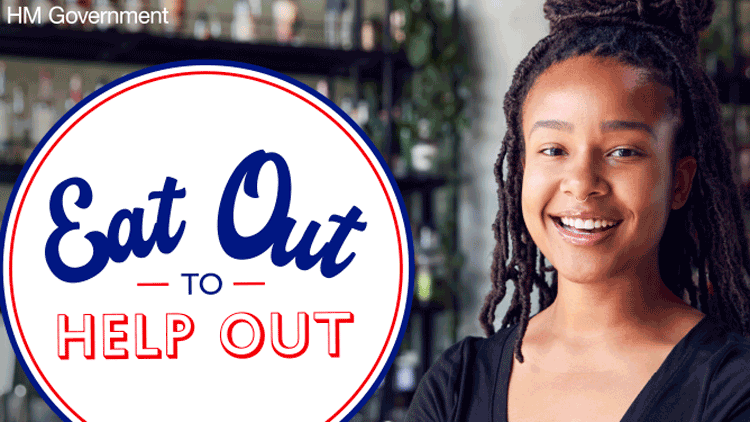Throughout August 2020 the Eat Out to Help Out scheme, with a total cost of £849 million to the British taxpayer, was rolled out across the United Kingdom. The policy made eating out at restaurants more affordable by ensuring a 50% discount, up to £10, for all customers from Monday to Wednesday.
While research by the University of Warwick has suggested that the policy drove COVID-19 infections up by between 8 and 17%, the scheme made eating out considerably more affordable for many. During Eat Out to Help Out, a Big Mac meal cost £2.30, a double lamb burger with fries and a drink cost £5 at Nanrose Peri Peri 2 Grill in London and a Michelin starred meal could cost £12.
The scheme was well received by consumers who gained both nutritional advantages and social benefits at an affordable price. Eat Out to Help Out also helped save many small eateries that were put at financial risk by the coronavirus pandemic by encouraging people to eat out. The economy was given a kickstart and many jobs were saved. The scheme also received support from the Federation of Small Businesses who proposed that the policy be extended further.
There is historical precedent for subsidising food. From 1940 to 1947 the Ministry of Food established around 2,000 restaurants that provided meals that would cost £1 in today’s money. Publicly owned pubs provided subsidised food to support Britons following World War Two and ensured anybody in the country was able to have a hot meal for an affordable price.
However, the approximately £849 million per month spent on Eat Out to Help Out could be spent elsewhere. Journalist Grace Blakeley has argued that the subsidy was put in place to help big businesses and was designed to bolster Rishi Sunak’s future leadership campaign.
While the absorption of the money could be countered by increasing corporation tax on large businesses and cutting off tax loopholes, many large corporations received a large proportion of the £849 million subsidy in August 2020.
Many other policies could be introduced to help tackle the issue of food poverty in Britain at a lower cost to the taxpayer than Eat Out to Help Out. While government subsidised restaurant meals were positive to the consumer, there has been little to no support given to people on low incomes during the pandemic.
Labour for Universal Basic Services has proposed a £4 billion plan to provide one-third of meals to the roughly 2 million households in Britain that face food insecurity every year. This policy, alongside free school meals and meals on wheels for the elderly and disabled, would distribute 1.8 billion meals for free to some of the most vulnerable people in society. This National Food Service would form part of a wider Universal Basic Services programme, rendering food, transport, broadband and millions of homes free at the point of use for the wider public. This could be implemented alongside the reintroduction of restaurants modelled in the style of those run by the Ministry of Food from 1940 to 1947. Furthermore, all workers could receive a living wage alongside an introduction of a 4-day working week to boost wages, reduce food poverty and improve productivity.
Eat Out to Help Out may not solve every social issue in Britain but the policy helped protect restaurants, saved many jobs and gave millions of people the opportunity to pay for meals at an affordable price during a global pandemic. Eat Out to Help Out considerably benefited our society and should be reintroduced alongside a wider programme to tackle food poverty across Britain.
George Aylett
Featured Image Source: Big Hospitality

